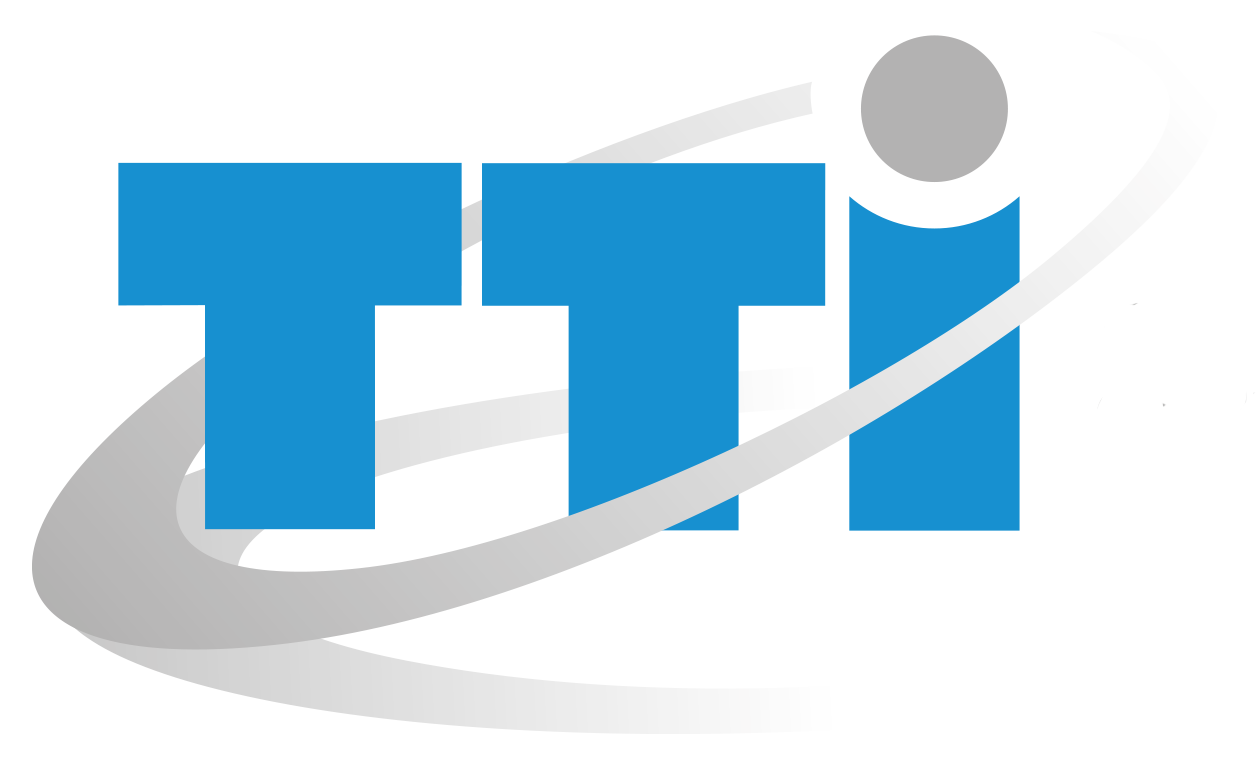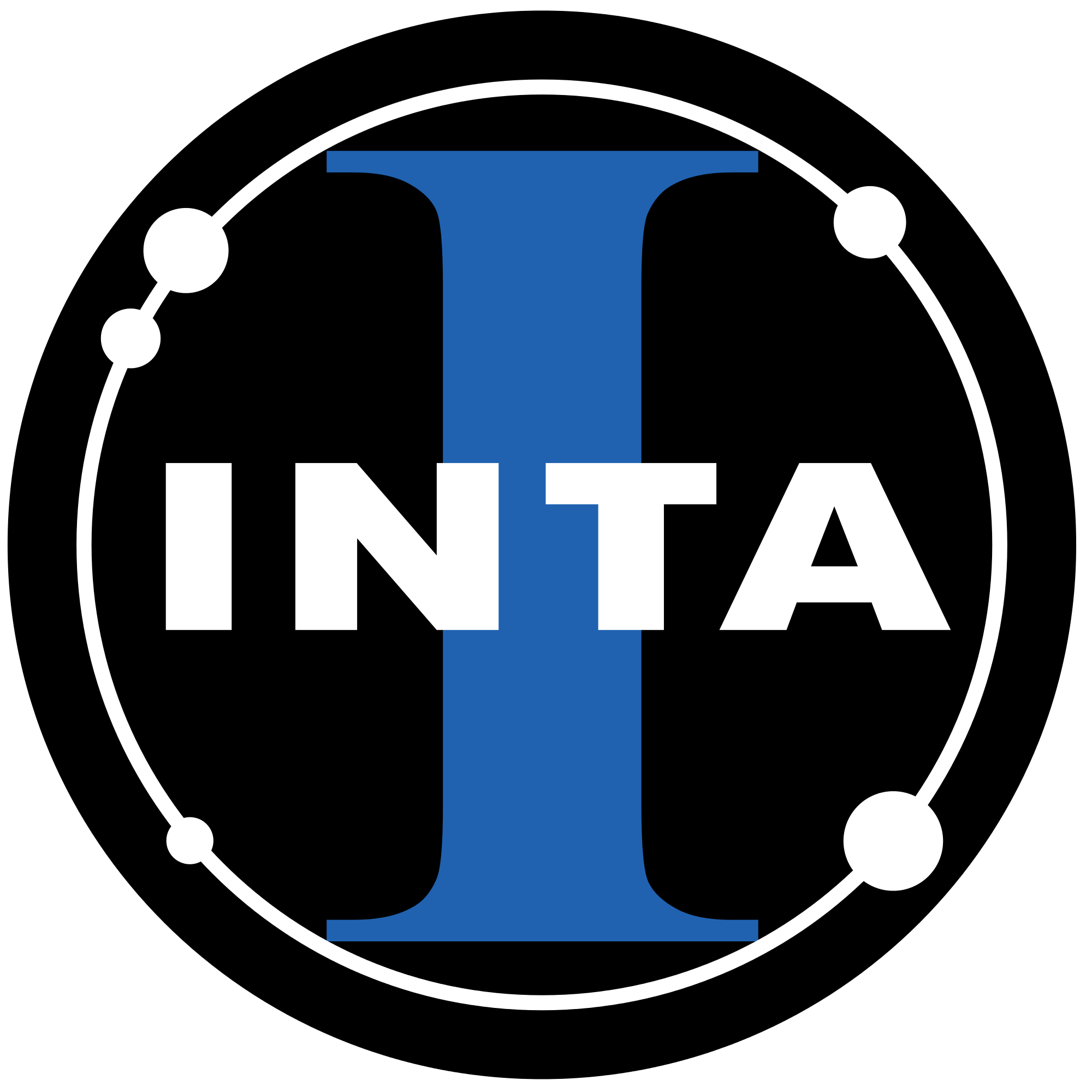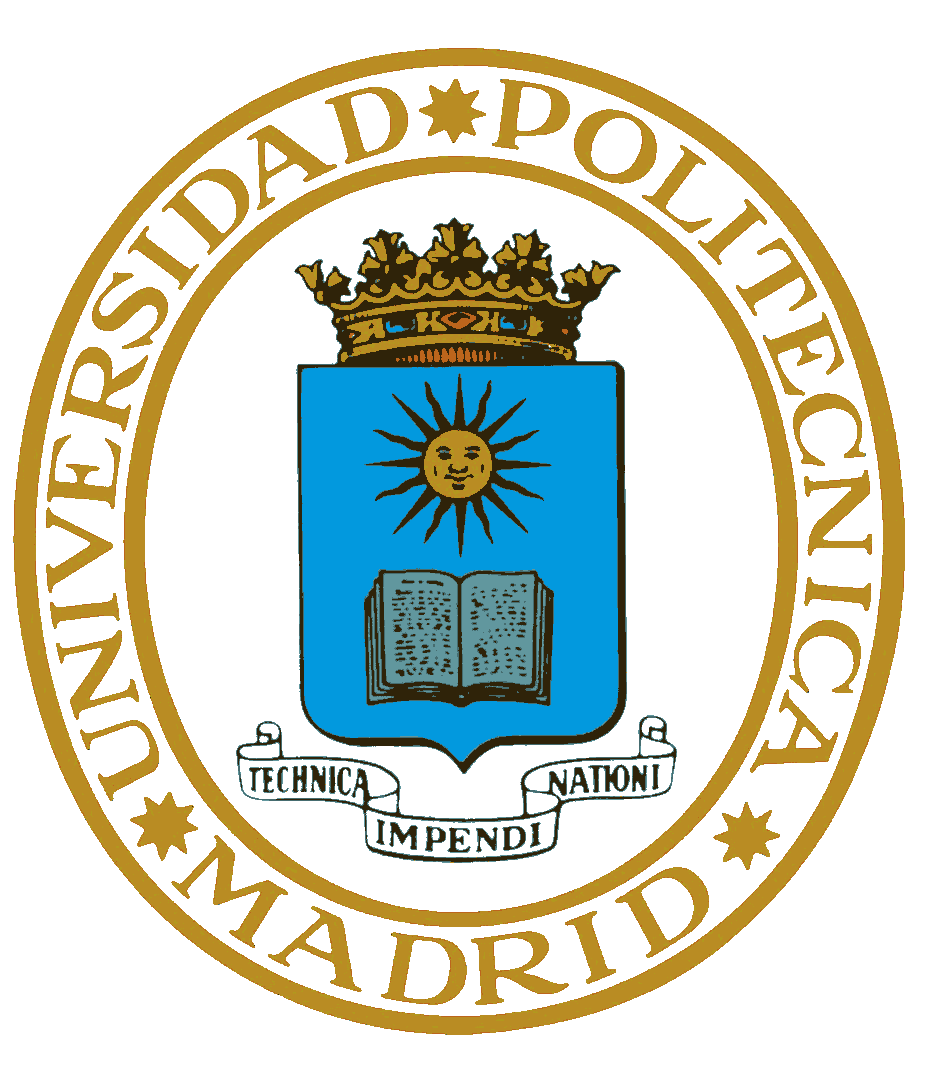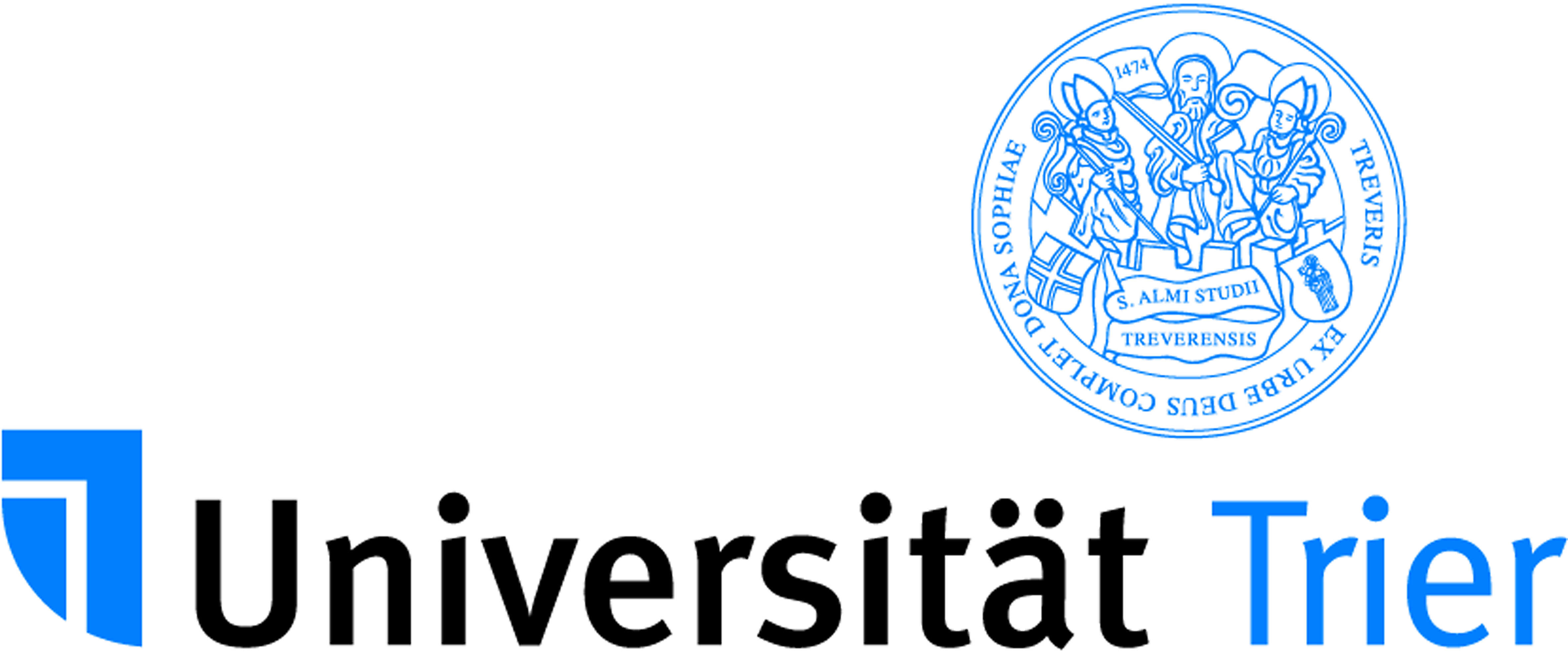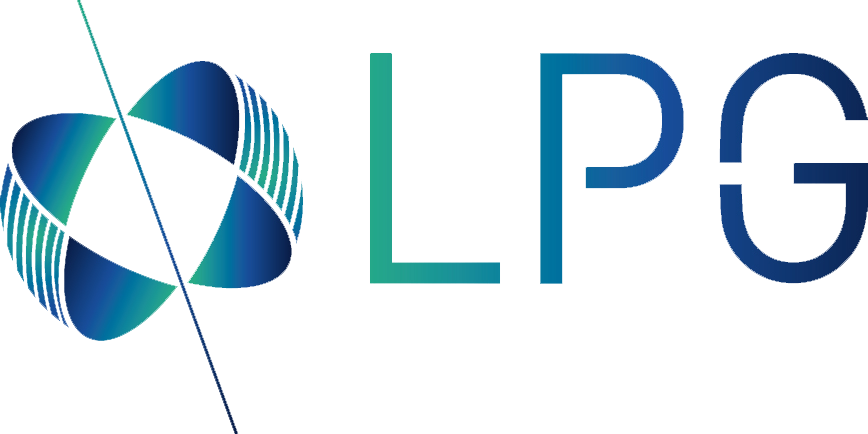Partners
NEWTON consortium is comprised by six partners from three European countries: TTI, leading the project, National Institute for Aerospace Technology Esteban Terradas (INTA) and Polytechnic University of Madrid (UPM) from Spain, University of Trier (UT) and Institut für Industriellen und Geotechnischen Umweltschutz (IGU) from Germany and the Laboratoire de Planétologie et Géodynamique (LPG) from France.
The feasibility of the project is based on the experience of the members of the consortium on the NEWTON key areas, with complementary profiles and their good interrelation. The achievements of NEWTON objectives is subject to a good coordination of the interdisciplinary groups, and an optimum conception and development of magnetometric instrumentation (UPM) and power supply systems (TTI) to space applications (INTA), the demonstration of the instrumentation capabilities in a relevant environment (UT) and the precursory work to include the instrument on board in planetary mission (LPG), as well as the exploitation of the instrument technological advances in the civil engineering field (IGU). The participants that compose the consortium are well balanced and committed to the specific tasks assigned to them, combining cutting-edge research with practical expertise. At the same time, they share knowledge and capabilities in order to solve the more effective manner the problems that could arise during the project lifetime.
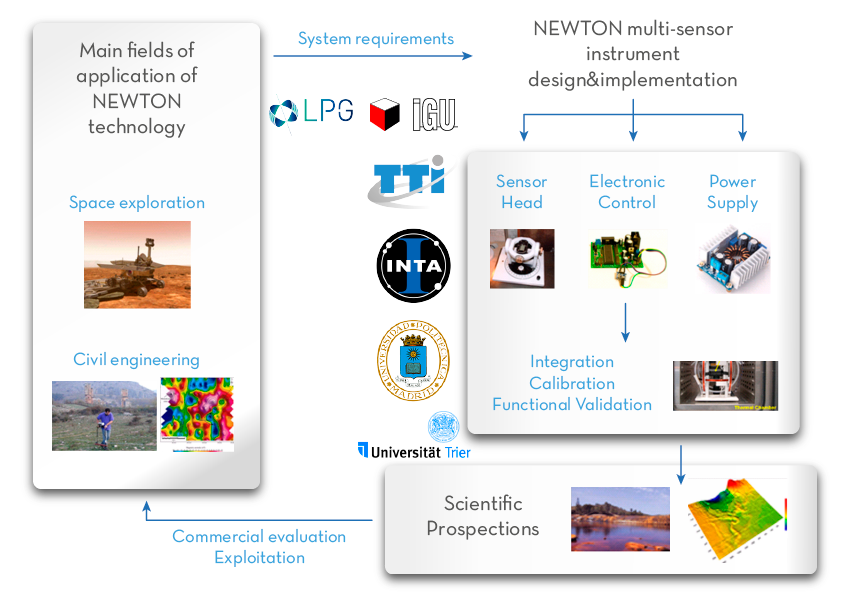
TTI is an SME that works in the technological forefronts of space, military, telecommunications, science, and information technology sectors. It was founded in 1996 entirely with national private capital and comprises an expanding team of more than 100 highly qualified engineers. TTI works in the radiofrequency and antenna technology fields developing advanced products (detailed design, prototype components and equipment, testing and validation), as well as integrating complex communication systems, providing turnkey solutions. TTI designs and develops RF and Microwave equipment such as Power Amplifiers (SSPA/BUC), Low Noise Amplifiers (LNA/LNB), Converters, Transceivers, Phase Shifters, Filters or Oscillators and develops also customized antennas products. Furthermore, TTI has a broad experience in the design and implementation of power supply sources. TTI has among its customers important national and international technology corporations. TTI has carried out an ambitious R&D program to develop new products and services for its customers, teaming R&D activities with the most prestigious national and European organisations.
INTA is a public research organization, belonging to the Ministry of Defense, specialized in aerospace research and technology development. Since its creation in 1942 by Esteban Terradas, INTA has developed an intense activity, first in the aeronautical field and later in the ambit of space. Its principal functions are related with a continuous development of technologies that can be applied to aerospace field, performing all type of tests to check, approve and certify materials, components equipment items, subsystems and systems that have an aerospace application. INTA provide technical assessment and services to official bodies and agencies, and also to industrial or technological companies. The Space Magnetism Laboratory is allocated at INTA and it starts its activity in 2003. This laboratory has three main lines of activity: magnetometric devices for space applications, planetary magnetic mineralogy and magnetic testing for the industry.
UPM is the largest Spanish technological university as well as a renowned European institution, and includes two recognitions as Campus of International Excellence. More than 2,400 researchers carry out their activity at UPM, grouped in 216 Research Groups, 10 Research Centres and 55 Laboratories, all of them committed totransforming the knowledge generated into advances applied to the production sector. The dynamism of R&D&I activity at UPM, together with the transfer of knowledge to society, is among its lines of strategy. These two commitments place it among the Spanish universities with the greatest research activity and first one in the capture of external resources in a competitive regime. UPM heads the Spanish Universities’ participation in the 7th European Framework Program with more than 280 projects and more than 80M€ funding. Moreover, every year, UPM applies for around 40 patents and receives a similar number of concessions demonstrating a high commitment to innovation. Regarding business creation, UPM is leader, with a total of about 140 businesses generated. Its support and backing of the business sector is very close. Itannually signs around 600 contracts with private businesses. The Institute for Systems based on Optoelectronics and Microtechnology (ISOM) is a multi-departmentalresearch institution devoted to graduate research and education in electrical engineering that belongs to UPM and where the project will be undertaken. It has 400 m2 of clean-room processing facilities and 300 m2 of characterization and system development laboratories. ISOM has been recognized by the Ministry of Education as a Spanish Large Scale Facility (ICTS), and provides processing and characterization services to research laboratories in Spain and in the EU. Currently, ISOM consists of 15 permanent staff researchers, 12 postdoctoral researchers, and around 25 PhD students, working in the fields of microelectronic systems, optoelectronics, and nanotechnologies, and 2 process technicians and 1 process engineer. Members of ISOM belong to 5 different departments of UPM.
The University of Trier (UT) has defined an international orientation of research and teaching as fundamental theme and thus has established co-operations with universities and research institutions from many countries of Europe and world-wide. The UT is part of the Network “Universities of the Greater Region” which was created with respect to international research and teaching activities and is partly funded by the European Union. It includes the universities of Luxembourg, Lüttich (Belgium), Lothringen (France), Saarbrücken and Kaiserslautern. Around 11% of the >16000 students come from more than hundred different countries confirming that the UT represents an international place for research and teaching. Within the UT the geoscience Faculty VI the departments of Geology, Physical Geography, Remote Sensing and Soil Sciences provide a strong scientific and interdisciplinary expertise with respect to geological mapping as well as geophysical investigation of composition and structures of upper crustal rocks and soils as well as remote sensing analyses of the Earth surface.
 LPG (Laboratoire de Planétologie et Géodynamique) is a joint research-teaching department between CNRS (the French National Scientific Research Centre), the University of Nantes and the University of Angers. CNRS is the largest governmental research agency in France and in Europe. There are over 25,000 permanent staff, about half of them are scientists is all areas. CNRS is active in more than 1,200 research and group units in France, the LPG being one of these. At LPG research is focused on Earth and planetary sciences. Many topics are under study, in geology, geophysics and geochemistry. Researchers and professors at the LPG have mentored and trained many MSc and PhD students. As of Jan 1st 2016, there are about 100 members, including 40 PhD students, postdoctoral fellows and temporary positions. About one third of them on planetary science subjects. IT staff maintains computer facilities, training and security.
LPG (Laboratoire de Planétologie et Géodynamique) is a joint research-teaching department between CNRS (the French National Scientific Research Centre), the University of Nantes and the University of Angers. CNRS is the largest governmental research agency in France and in Europe. There are over 25,000 permanent staff, about half of them are scientists is all areas. CNRS is active in more than 1,200 research and group units in France, the LPG being one of these. At LPG research is focused on Earth and planetary sciences. Many topics are under study, in geology, geophysics and geochemistry. Researchers and professors at the LPG have mentored and trained many MSc and PhD students. As of Jan 1st 2016, there are about 100 members, including 40 PhD students, postdoctoral fellows and temporary positions. About one third of them on planetary science subjects. IT staff maintains computer facilities, training and security.
The IGU GmbH was founded in 1986 and a daughter company, the Association for Environmental Remediation Technologies (G.U.T.), was consolidated in 1991. The major working areas of IGU concern the detection, evaluation and remediation of polluted sites and areas with waste or not exposed artificial deposits. Further topics are related to the specification and evaluation as well as geological characterization and engineering aspects of building grounds. In addition, IGU offers a consultation and technological support with respect to prevention of any kind of environmental contamination or pollution. Further working topics include a specific certificated accompaniment of building and redevelopment activities as well as support in the regulation of environmental damages. IGU and G.U.T. GmbH consist of 30 employees including diploma geologists, engineers, physicists and geotechnical with emphasis in building materials and soil examination. They provide a multidisciplinary processing and solutions with respect to distinct topics and problems. The whole team is participating regularly at internal and external training activities as well as workshops and seminars. Furthermore there a frequent collaborations with different universities and research institutions. This guaranties that the proposed concepts and solutions are based on the state of the art.
